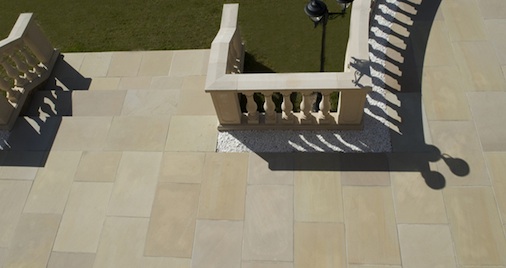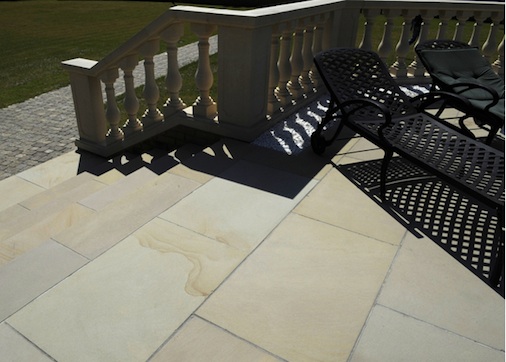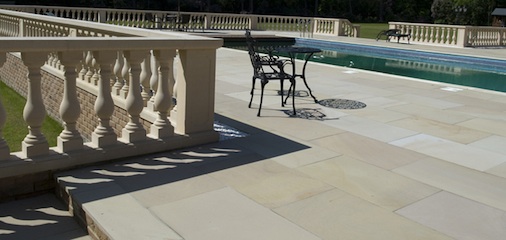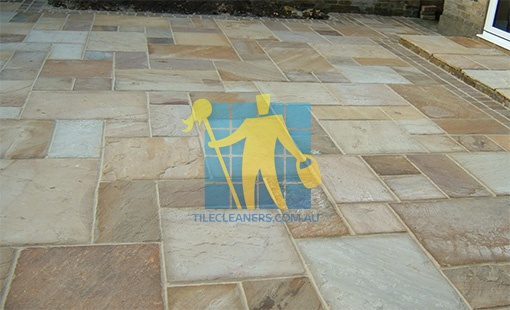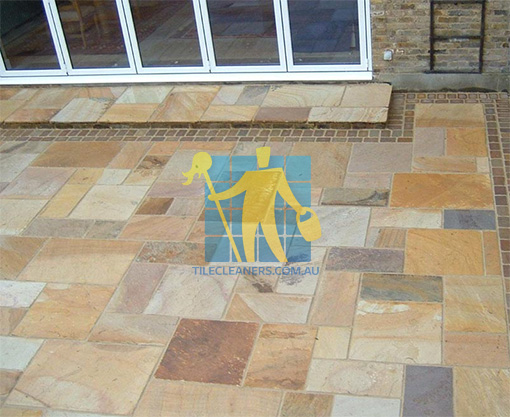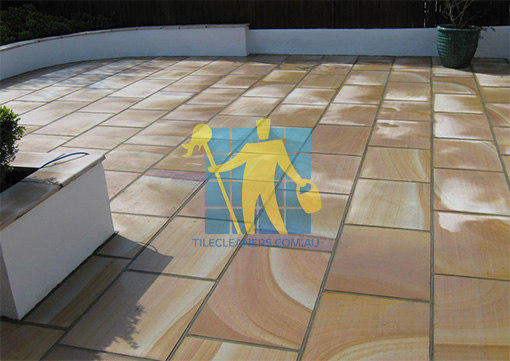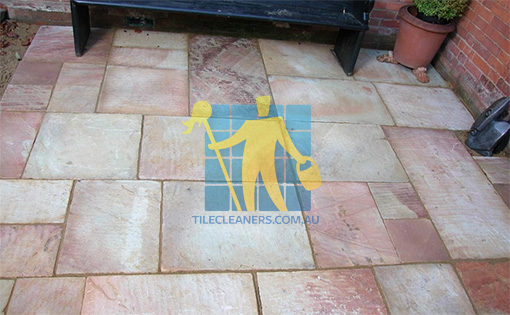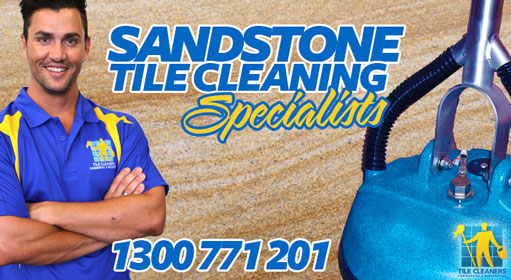The longevity and usefulness of Sandstone tiles can be extended if it is effectively sealed against the ingress of damaging liquids and minerals.
Sandstone floor is actually quite porous and prone to scratching, staining and fracturing. It also needs to be allowed to breath, instead of being covered by synthetic sealers or urethane. We offer the right solution to protect your Limestone by using highly penetrating impregnating sealers.
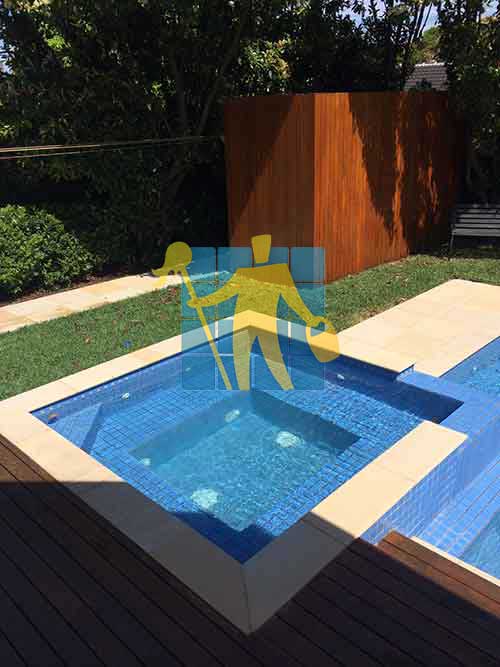




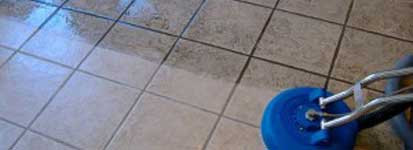
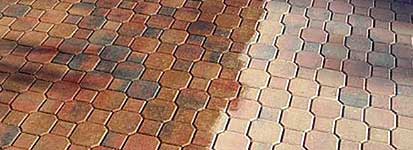
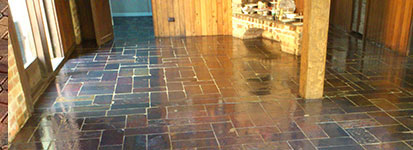
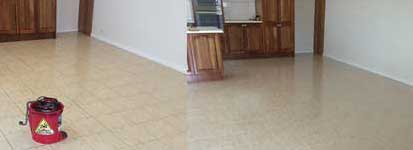
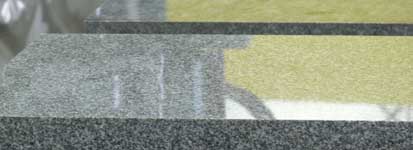
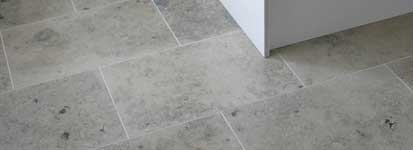
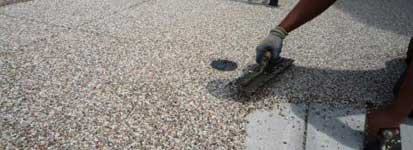
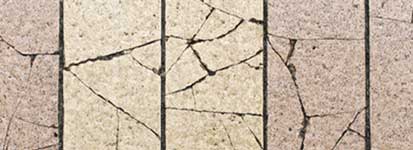
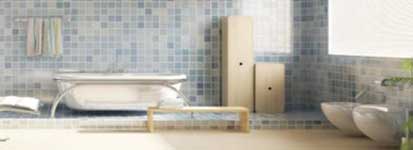

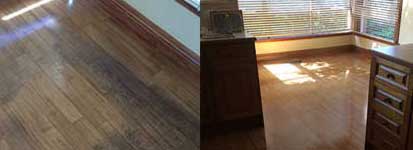
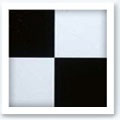
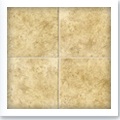
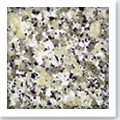
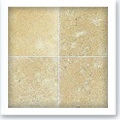
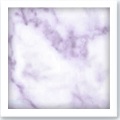
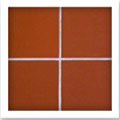
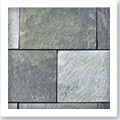
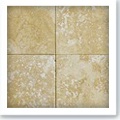
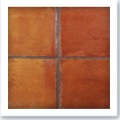
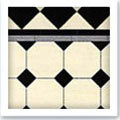
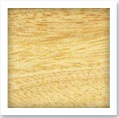
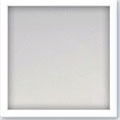
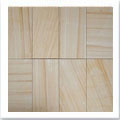
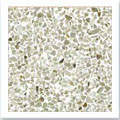
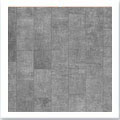
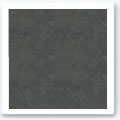
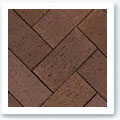
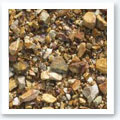
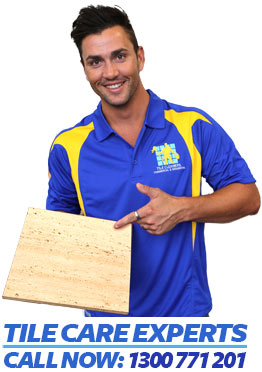


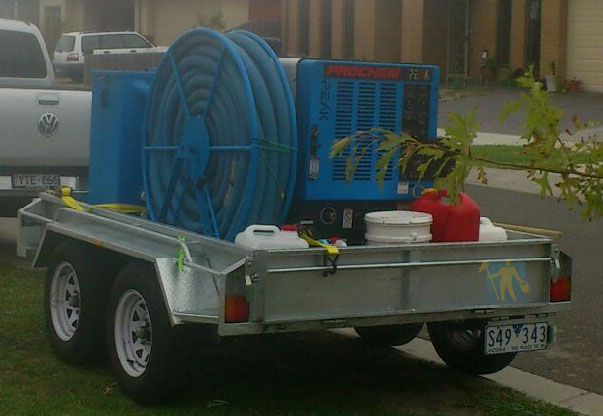
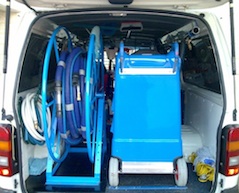
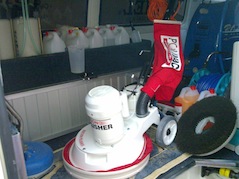
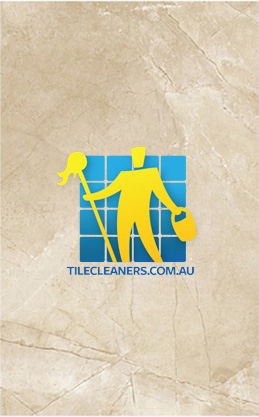

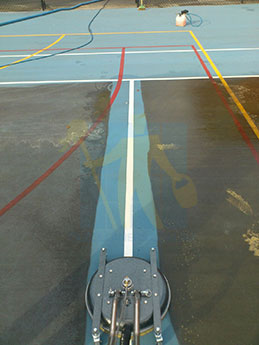


 Availability for emergency
Availability for emergency
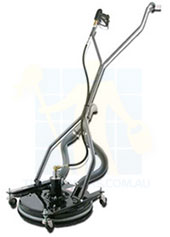
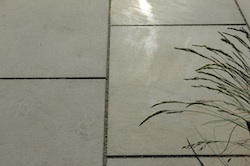 Sandstone is a sedimentary rock that is made up of mostly tiny grains of quartz cemented together with various materials such as Silica and Iron Oxide. Other minerals that are commonly found in sandstone are clay, hematite, ilmenite, feldspar and mica. Due to the impurities, this has created a wide range of colors from yellows, oranges and browns. Sandstone can be either cut, polished and carved for many uses such as floor tiles, pool coping (once it has been sealed and correct guidelines are met), display walls and many other possible uses.
Sandstone is a sedimentary rock that is made up of mostly tiny grains of quartz cemented together with various materials such as Silica and Iron Oxide. Other minerals that are commonly found in sandstone are clay, hematite, ilmenite, feldspar and mica. Due to the impurities, this has created a wide range of colors from yellows, oranges and browns. Sandstone can be either cut, polished and carved for many uses such as floor tiles, pool coping (once it has been sealed and correct guidelines are met), display walls and many other possible uses.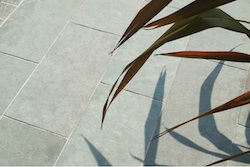 Professional regular maintenance will be required to maintain its honed or polished appearance. Sandstone looks best with a honed or low/medium sheen appearance however many people insist on a high shine finish. Sandstone will never have the gloss of marble or granite. Some low calcite Sandstone can be extremely difficult to polish and therefore vitrification would be required. Vitrification however can give the stone an unnatural plastic appearance if repeated too often.
Professional regular maintenance will be required to maintain its honed or polished appearance. Sandstone looks best with a honed or low/medium sheen appearance however many people insist on a high shine finish. Sandstone will never have the gloss of marble or granite. Some low calcite Sandstone can be extremely difficult to polish and therefore vitrification would be required. Vitrification however can give the stone an unnatural plastic appearance if repeated too often.